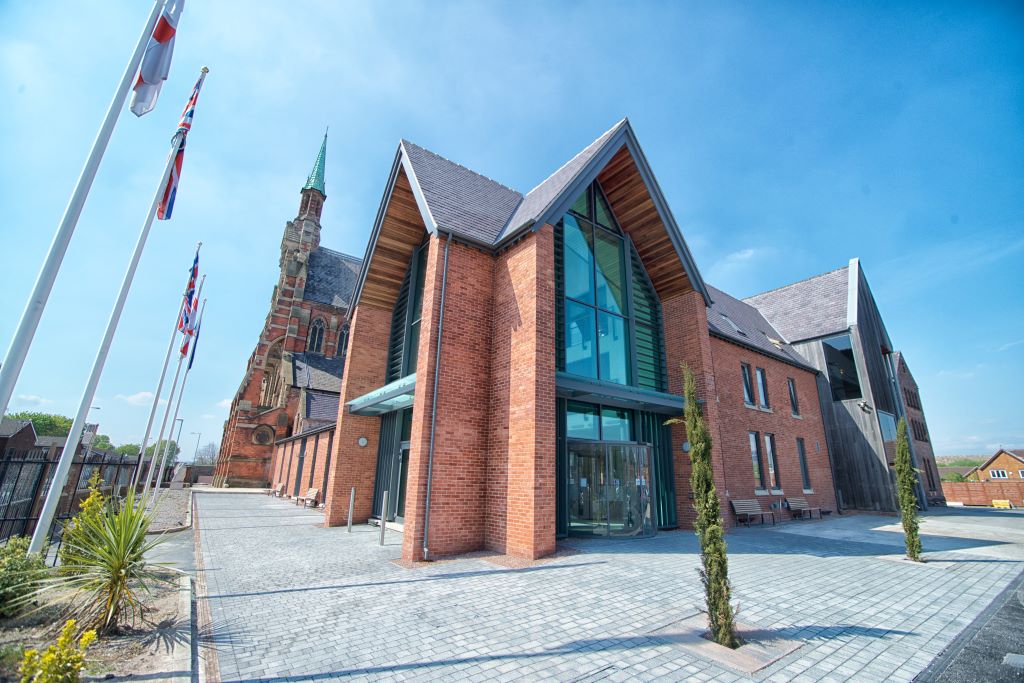Physics teaching reimagined by international exchange website

Physics students are more interested and engaged when they conduct experiments themselves and can share with their fellow team members, according to new research from Université Paris-Saclay.
The researchers encouraged students to make their own physics experiments using low-cost tools like Lego and Arduino. First tests were carried with undergraduates from Magistère de Physique at Université Paris-Sud and Institut Villebon-Georges Charpak, where students are specialise in science and technology.
After familiarising themselves with the equipment through games and challenges, the students, working in teams, created an experimental setup and conducted their own physics studies. The process simulated working in a laboratory.
The students reported feeling more engaged with the project compared to traditional physics teaching. They were able to be more creative, take risks, and see unexpected results. One project even resulted in an article in a physics journal, co-authored by two students and their teachers.
As a result, Frederic Bouquet and Julien Bobroff, physicists of Université Paris-Sud, a member of Université Paris-Saclay, have worked with illustrators and web designers to develop a website which disseminates these teachings that is both aesthetically pleasing and educational.
The site offers free and shareable educational sheets in different languages, designed as games and challenges. It also allows students to produce and keep track of their own physics projects in a modern illustrated tutorial format, and then easily share it on the website.
Université Paris Saclay aims to develop this website to produce smartphone compatible worksheets and collate tutorials from students all over the world in many languages. They are also developing links with the French education system and various universities over the world to roll out the teaching both nationally and globally.
The aim is to profoundly change the way science is taught; with more creativity, autonomy, sharing, and to offer students a different vision of what experimental physics is.











Responses